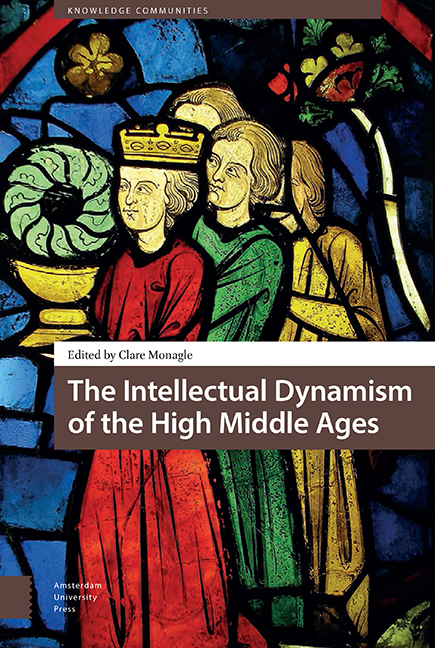Book contents
2 - From Wisdom to Science: A Witness of the Theological Studies in Paris in the 1240s
Published online by Cambridge University Press: 16 July 2022
Summary
Abstract
This chapter considers a number of introitus to Peter Lombard's Sentences, which were delivered as lectures in the 1240s. The introitus offer an opportunity to track the deployment of the Sentences in theological training, in particular showing how Lombard's systematic efforts were further systematised in the hands of his interpreters. In particular, the introitus reveal theorizing on the nature of theological knowledge, which posits the discipline as one of wisdom and science.
Keywords: Peter Lombard, Mendicants, Theology, University of Paris
Between 1252-1253 and 1254-1255, Thomas Aquinas lectured on the Sentences of Peter Lombard as baccalaureus in Paris. Following a practice already developed in the faculty of theology of the University of Paris, after a first year of lecturing on a book of the Bible, Aquinas devoted his first teaching activity to the four books of Peter Lombard, which had become the veritable textbook for the study of theology in Paris. In introducing his lecture on the Sentences, the young Dominican friar offers a general introduction to the structure of the work as well as to its contents. In particular, Aquinas organizes his prologue as more than a general presentation of the Sentences: he devotes a quaestio of five articles to the examination of the nature of knowledge, which is accessible through the four books. It is in article three that the Dominican friar notes that the so-called sacra doctrina, that is, theology, can be called ‘science’. Theology has all the features required by the Aristotelian notion of science and thus plainly it has to be included within the system of disciplines.
Aquinas's argument on the nature of theology is a crucial witness to the direction taken by a debate whose roots went back to the decades before the arrival of the Dominican friar in Paris. Several authors had devoted their attention to the definition of theology, especially in the 1240s. In the context of the Parisian faculty of theology, such a debate was stimulated also by the increasing role of Peter Lombard's Sentences in the teaching practice of the masters. Several researchers show how the work of Peter Lombard was at the center of intellectual interest following its ‘publication’ between 1158 and 1160.
- Type
- Chapter
- Information
- The Intellectual Dynamism of the High Middle Ages , pp. 43 - 62Publisher: Amsterdam University PressPrint publication year: 2021

